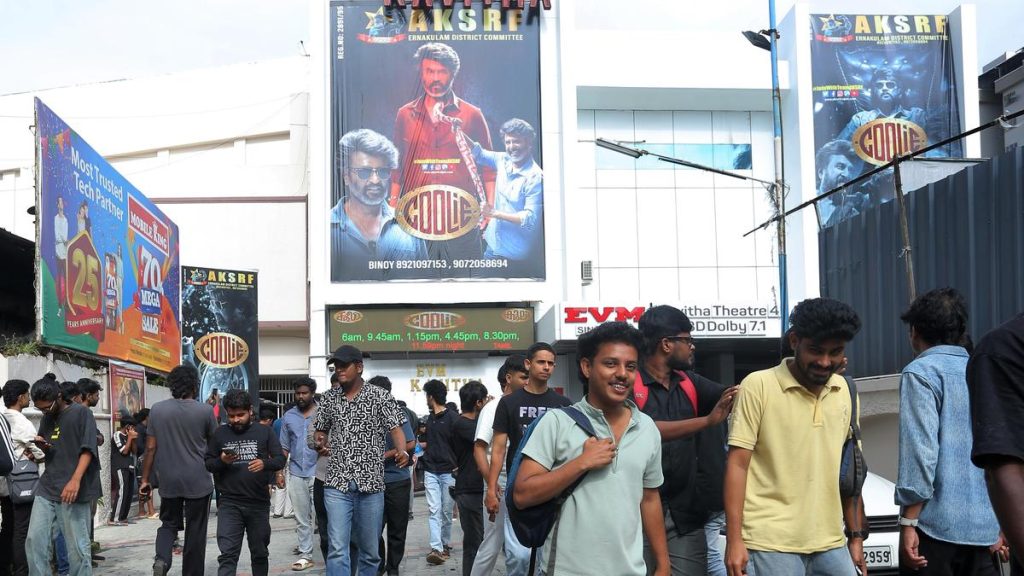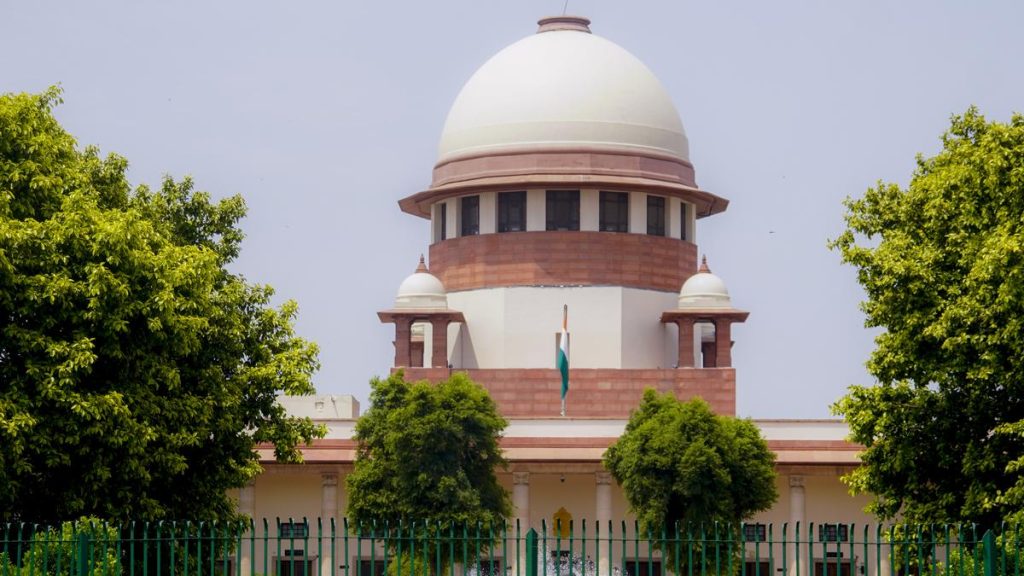Now Reading: Congress Gears Up for Local Body Polls Amid Ground-Level Optimism
-
01
Congress Gears Up for Local Body Polls Amid Ground-Level Optimism
Congress Gears Up for Local Body Polls Amid Ground-Level Optimism

Quick Summary
- the issue of 42% reservations for Backward Classes (BCs) in local body elections remains entangled in legal and political challenges, but the State government is moving ahead wiht plans for polls.
- Local body election dates are likely too be decided between August 15-18, with chief Minister A.Revanth Reddy optimistic about capturing seats.
- Elections to Zilla Parishad Territorial Constituencies (ZPTC) and Mandal Parishad Territorial Constituencies (MPTC) will take place on party symbols, while Sarpanch elections will be non-partisan, with all counting done on the same day.
- Positive factors aiding Congress in rural areas include welfare schemes like Indiramma Houses, fine rice through Public Distribution System (PDS), issuance of new ration cards, and the state’s good rains.
- Congress plans to provide a minimum of 42% BC reservations within its ticket distribution if the issue is not resolved legally by central authorities; BJP has been blamed for delays at the Center.
- Internal infighting within Bharat Rashtra Samithi (BRS) and controversies linked to BRS leaders have reportedly diminished thier image amidst social media attacks against Congress-run governance initiatives.
Indian Opinion Analysis
The decision by Chief Minister Revanth Reddy’s government to push ahead with local body elections despite pending legal clarity on BC reservations reflects a pragmatic approach aimed at leveraging current favorable conditions in rural areas bolstered by welfare schemes like free travel for women and subsidized essentials. While providing 42% BC representation via party tickets may offer a temporary solution if central approvals lag, it highlights India’s continuing challenges over balancing affirmative action programs against judicial review processes.
The weakening public perception of BRS following internal disputes underscores how political dynamics can shift rapidly when governance credibility is questioned-a lesson applicable across parties nationwide. Welfare-driven strategies combined with electoral maneuvering appear pivotal in this context; however, potential voter sentiment shifts remain uncertain given rural electorates’ nuanced priorities.
For further details: Read More
























